Do you ever feel overwhelmed with the demands that people make of you?
Are you a perpetual people pleaser?
Do you find it difficult to say no to others?
If so, it may be that you struggle to set limits for yourself. In a world that demands so much from us it is so important for our overall wellbeing that we take personal responsibility and establish healthy boundaries.
Personal boundaries are essential to managing unnecessary stress and knowing and understanding what our personal limits are. They are also a sign of self-respect, and they can help us to nurture healthy relationships with those around us both personally and in the work setting.
Personal boundaries are also fundamental to self-care so that we prioritise time for ourselves to recover and recharge. There can be a tendency in the modern world towards self-sacrifice and even workaholism which can lead us to dismiss our boundaries and sacrifice our wellbeing to please other people.
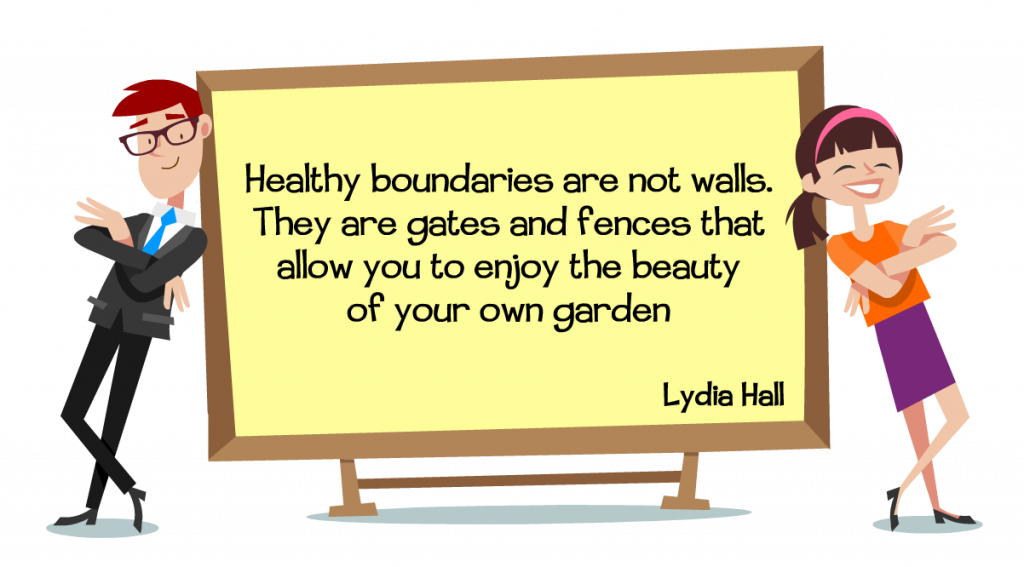
To set healthy boundaries we need to know where we stand by identifying our physical, emotional and spiritual limits. We need to consider what we can tolerate and accept and what makes us feel uncomfortable and stressed.
So here are my top 5 tips for establishing healthy boundaries…
1. Know your limits
The first step to defining our boundaries is to understand what energises us and what depletes us. So set aside some time to reflect and ask yourself the following questions:
What is causing me unnecessary stress or discomfort in my life right now?
What are my stress triggers?
Who in my life energises me and who in my life drains me?
What areas of my life do I feel exhausted by?
What helps me to feel inspired and motivated?

2. Avoid being a workaholic
Learning to switch off from work can be challenging and the addictive nature of being a workaholic can be a difficult habit to break. If you are prone to being a workaholic without limits (especially when working from home) here are a few tips:
- Set precise working hours and schedule proper breaks and be really disciplined about sticking to these
- If you work from home, then doing a fake commute to and from work by walking around the block at the beginning and end of each day can be very helpful
- Avoid checking phones for work messages when you are with family and friends
- Communicate to colleagues that you are not available during certain times
- Define a space that is only for work
- When you close your laptop, mentally allow yourself to “clock out” for the day by turning your laptop OFF and avoid checking emails before you go to bed
- Take a technoloholiday as often as you can and set aside tech free time
- Keep technology out of the bedroom wherever possible
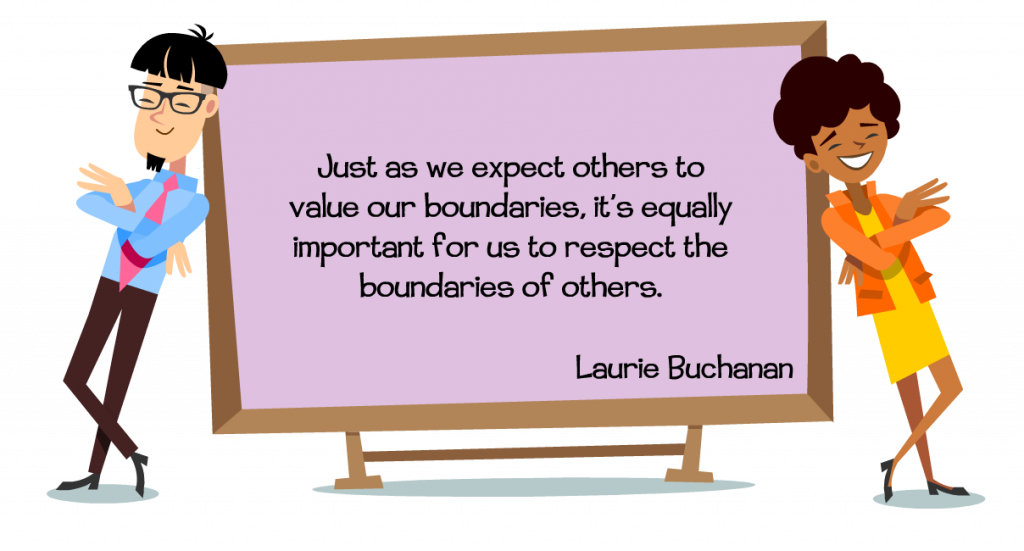
3. Communicate
We may well set boundaries in our minds without openly sharing them with other people. If we don’t clearly communicate to others where we have drawn the line, how will people understand if they have overstepped our boundaries.
The more precisely and confidently we can communicate our boundaries, the easier it will be to maintain them. In many ways boundaries are like the “rules” of a relationship and when they are communicated well it will be much easier for other people to respect our boundaries. In turn it can also help to appreciate other people’s boundaries too because it works both ways.
4. It’s ok to say no
When we are afraid to say “no” we can end up with an overflowing to do list that we may well struggle to keep up with. It can also leave us feeling stressed and resentful. I come across so many people in the work that I do around resilience and burnout who seem to have been programmed to feel guilty about saying say “no” even when they feel overloaded and overwhelmed.
Remember saying “No” is in many ways an expression of courage and sovereignty over our daily decisions. Every “yes” and “no” shapes our reality and we can absolutely choose how we want to spend our time and energy.
The word “No” can be framed in a very diplomatic way, and you don’t need to come across as appearing rude or unhelpful. There may well be occasions where we have to be assertive and protect our depleted energy levels by saying, “Whilst I would love to help you, at the moment I simply don’t have the capacity to do this right now.”
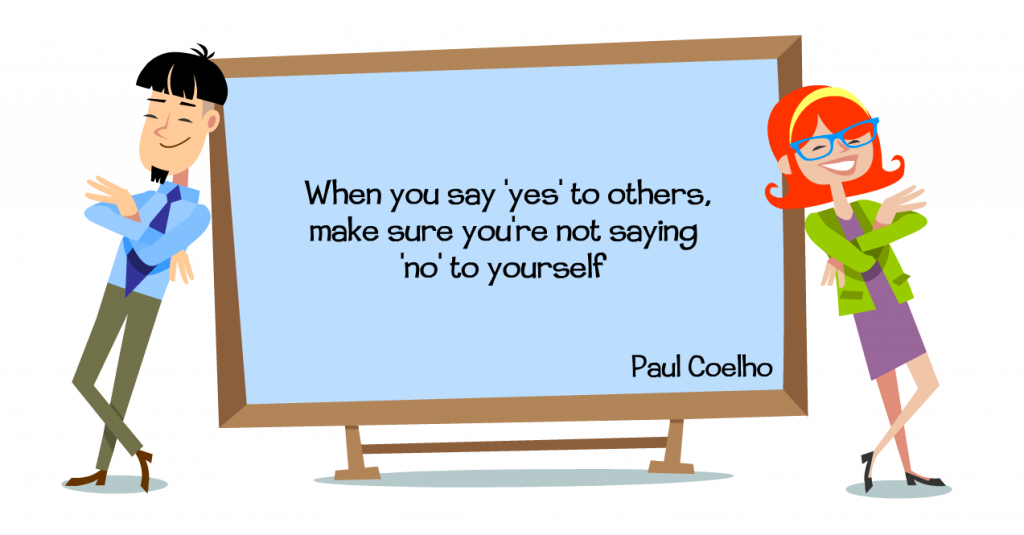
5. Prioritise self-care
When you do your daily to do-list where do you feature on it? It is possible that you don’t even get a look in!
Factoring ourselves in and making a commitment to create some “me time” by investing in self-care and establishing healthy boundaries and habits is essential in avoiding burnout.
Making our own personal wellbeing our biggest priority has nothing to do with being selfish. No one needs to feel guilty or ashamed about this. It is, in fact, the most responsible approach to life because self-care is ultimately giving the world the best of us not what’s left of us!
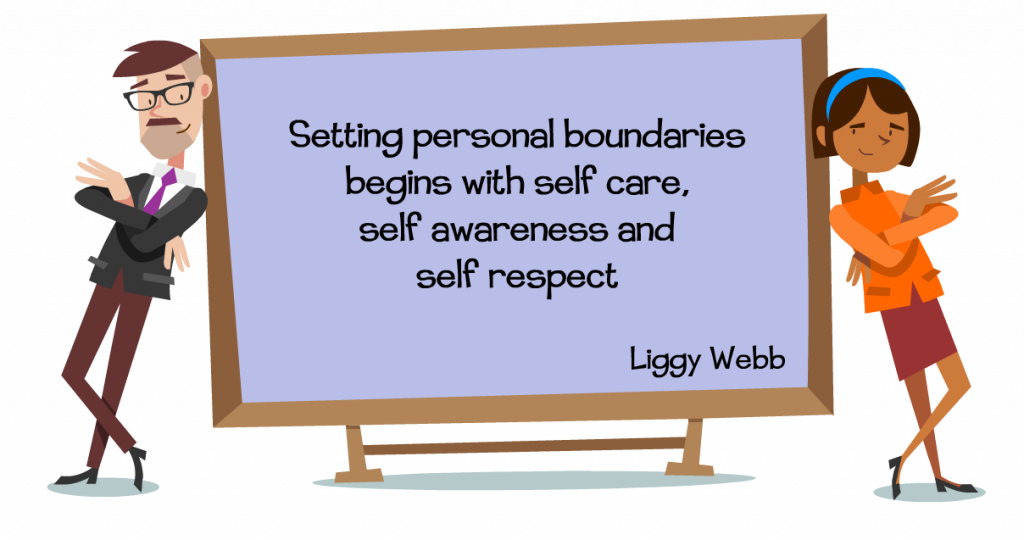
If you would like a free copy of this digital poster please do email liggy@liggywebb.com
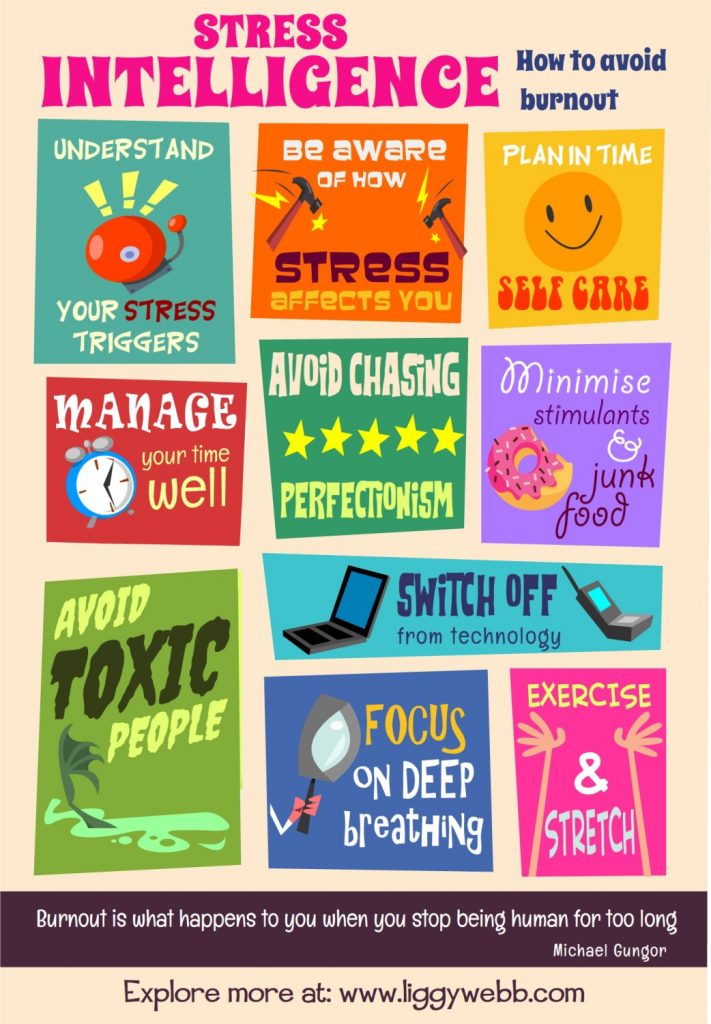
-
 Lifelong Learning£2.99
Lifelong Learning£2.99















 How to embrace lifelong learning
How to embrace lifelong learning


